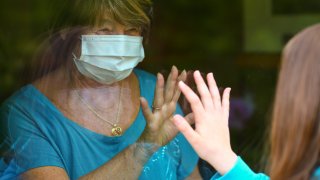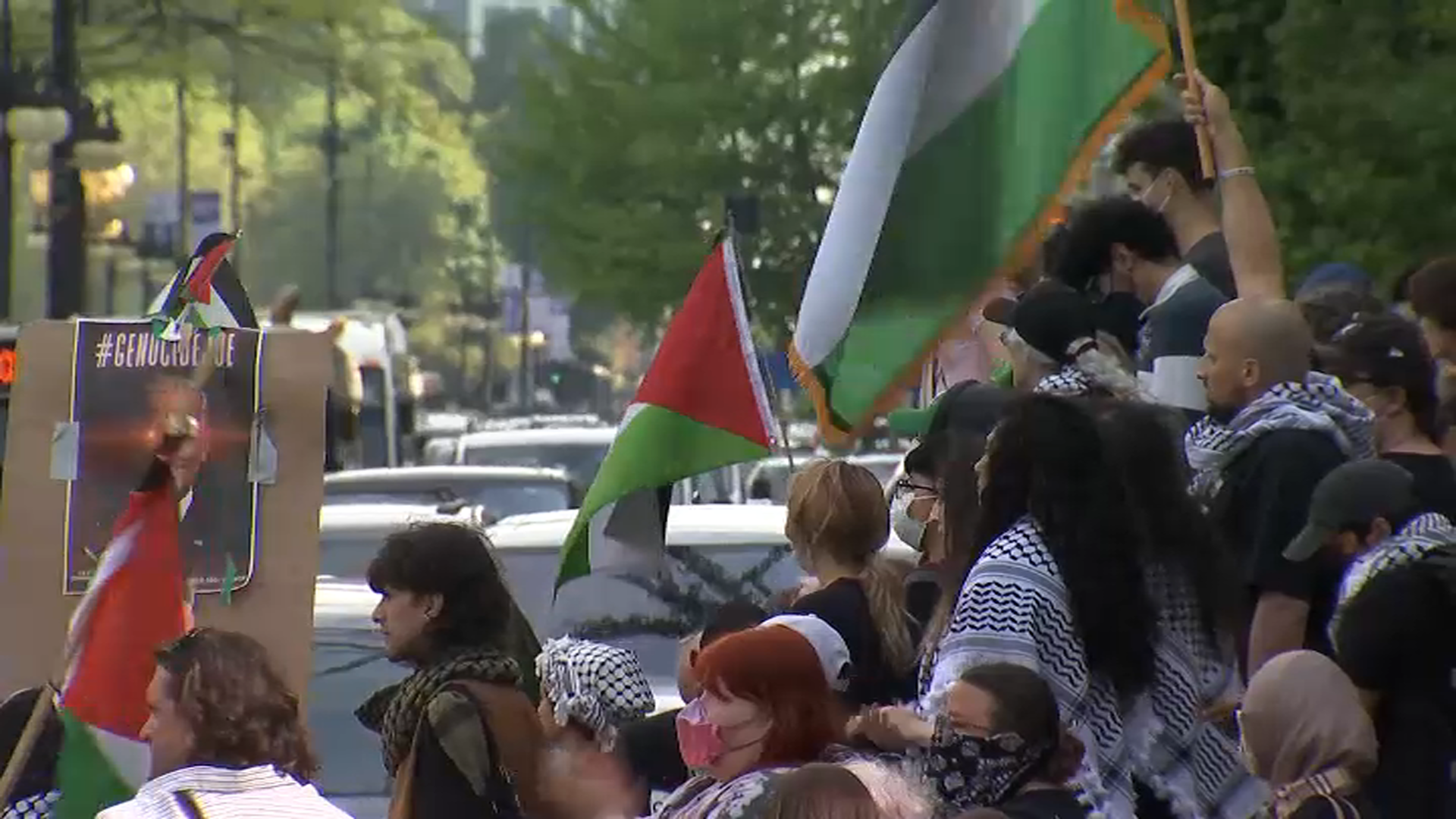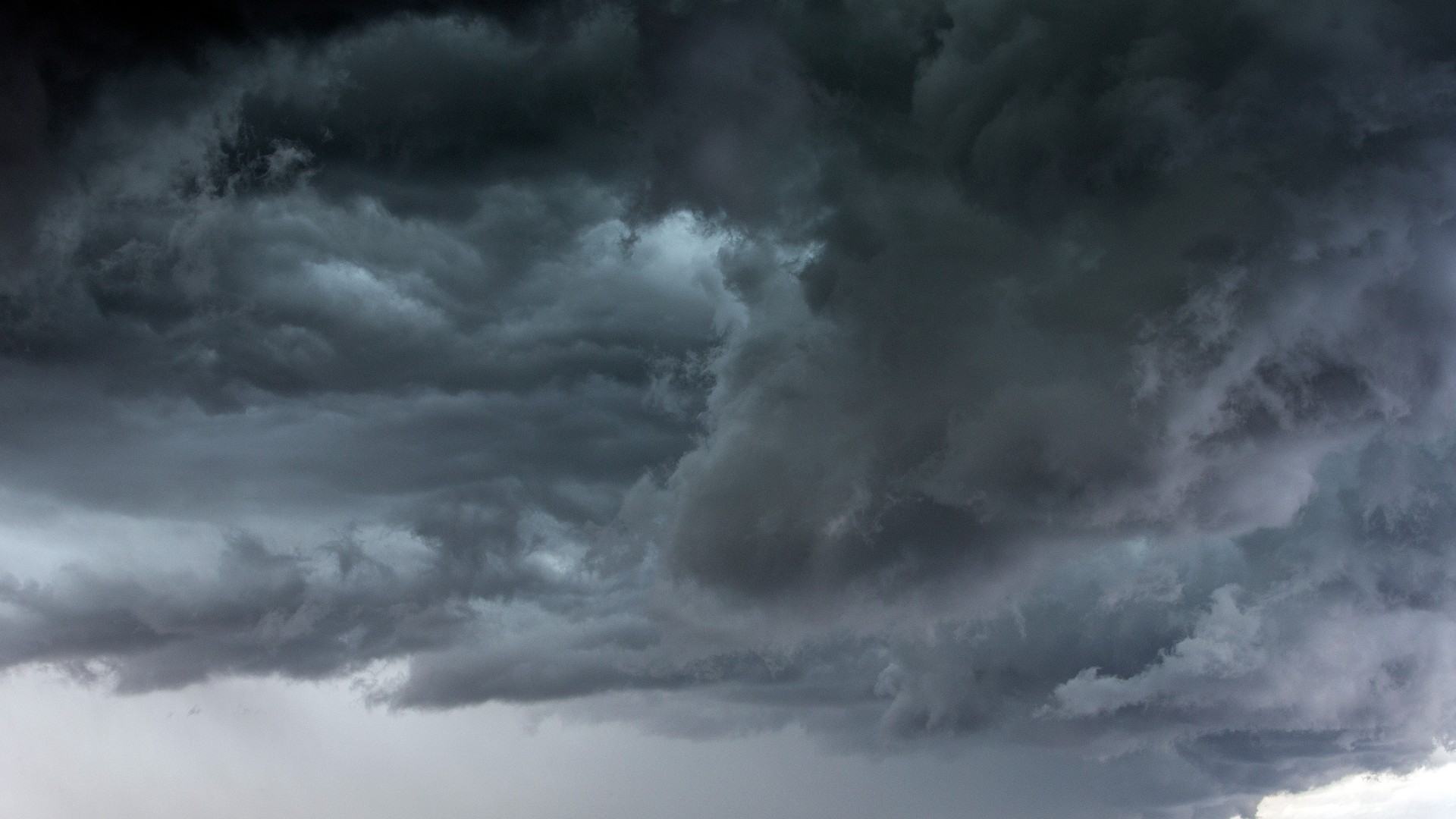
After grandparents or older parents receive the coronavirus vaccine, can you visit them?
The answer is likely no, but it depends.
One expert from Northwestern University said essentially “nothing changes after the vaccine."
"We will still need to socially distance and wear our masks. We should avoid our frail elders, because we just do not know the strength of their immune response to the vaccine and whether they have built up sufficient antibodies," Northwestern Medicine geriatrician and professor Dr. June McKoy said.
According to the physician, older adults naturally have diminished immune responses as they age, which continues to put them at risk for the coronavirus.
That was echoed by Director of the National Institute of Allergy and Infectious Diseases Dr. Anthony Fauci.
Fauci told TODAY that if members of a family are all vaccinated, getting together poses much less risk, but if one member is vaccinated and others aren't "then you gotta be careful."
News
"Because grandma could still get virus in her nasopharynx, even though the vaccine is preventing her from getting physically ill. She still could have virus in her nasopharynx... Until we have the overwhelming majority of people vaccinated, and the level of virus is very low. When you're vaccinated, it would be prudent to wear a mask," Fauci said.
So when can families reunite with their older relatives?
McKoy said that until the U.S. has reached herd immunity, she would not advise visiting grandparents or older adults. She added that if grandparents live in a long term care facilities, they will likely remain unable to take visitors in accordance with state rules.
As defined by McKoy, herd immunity, otherwise referred to as population immunity, means "as more people are protected from a disease, it becomes harder for the disease to spread from person to person."
The two ways to achieve herd immunity, according to the doctor, are through vaccinations against the disease or through exposure to the disease.
“With herd immunity, we need to predict the percentage of the population that needs to have immunity in order for the population to achieve herd level," McKoy said. "Herd immunity varies from disease to disease. The more contagious a disease, the greater the proportion of the population that needs to be immune to the disease to stop it from spreading."
For example, McKoy said measles holds a 95% vaccination rate, which would then give protection to the remaining 5% who do not get vaccinated. For COVID-19, she said the U.S. will need 70% of the population vaccinated in order to achieve herd immunity.
“We know everyone who gets the COVID-19 infection develops an immune response, but we do not know how long that immunity lasts," McKoy said of those who are infected with the virus.
The Illinois Department of Public Health said that if people have contracted COVID-19 and recovered, they should still opt to receive the vaccine. If an individual was treated for coronavirus symptoms with monoclonal antibodies or convalescent plasma, the health department said that person should wait 90 days before getting a vaccine.
In terms of exchanging hugs and forgoing masks, the Northwestern doctor said people should not stop wearing face coverings or social distancing, even after being vaccinated.
Illinois entered Phase 1B of its vaccination plan in January, opening up vaccinations to people age 65 years and older as well as "frontline essential workers," which includes first responders, education workers like teachers and support staff, childcare workers, grocery store employees, postal service workers and more.
Phase 1B includes roughly 3.2 million Illinois residents, officials say. The state also plans to expand the eligibility to include people with certain high-risk medical conditions or comorbidities beginning Feb. 25.



